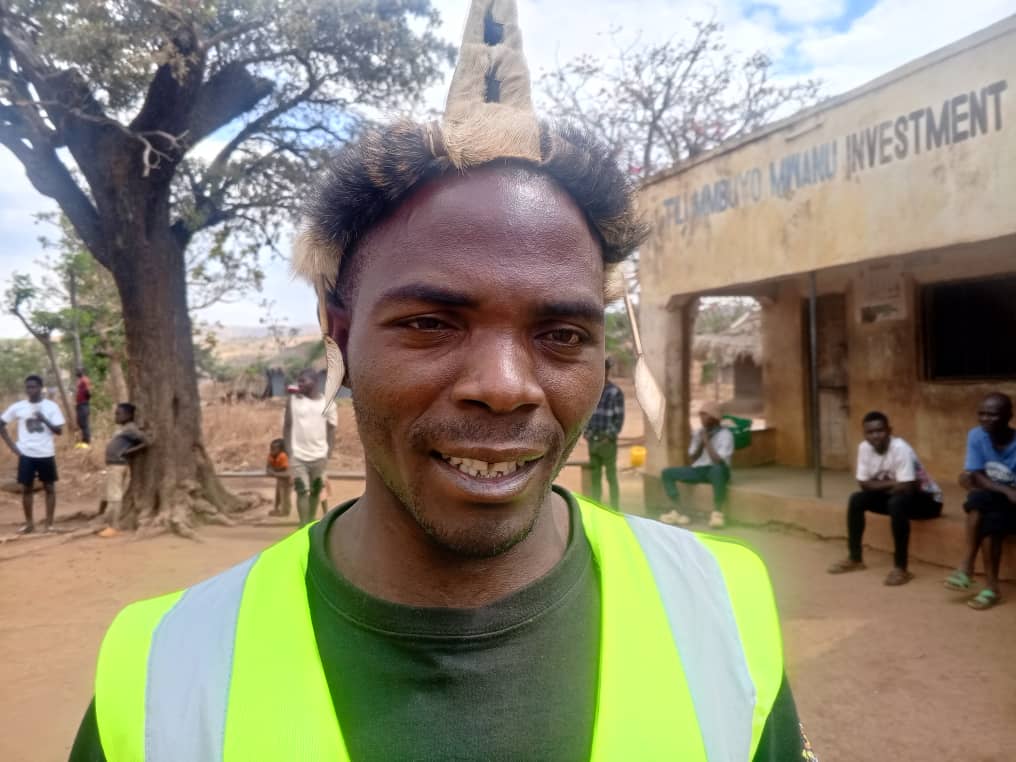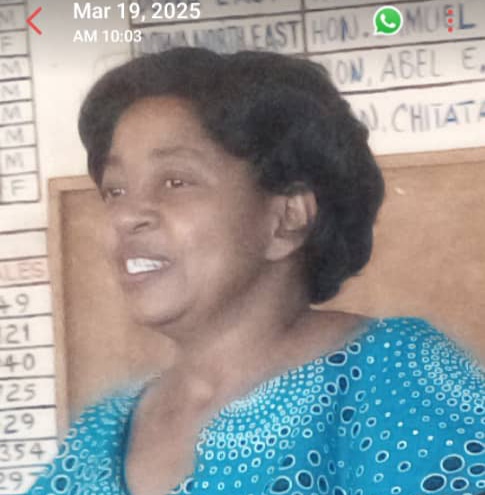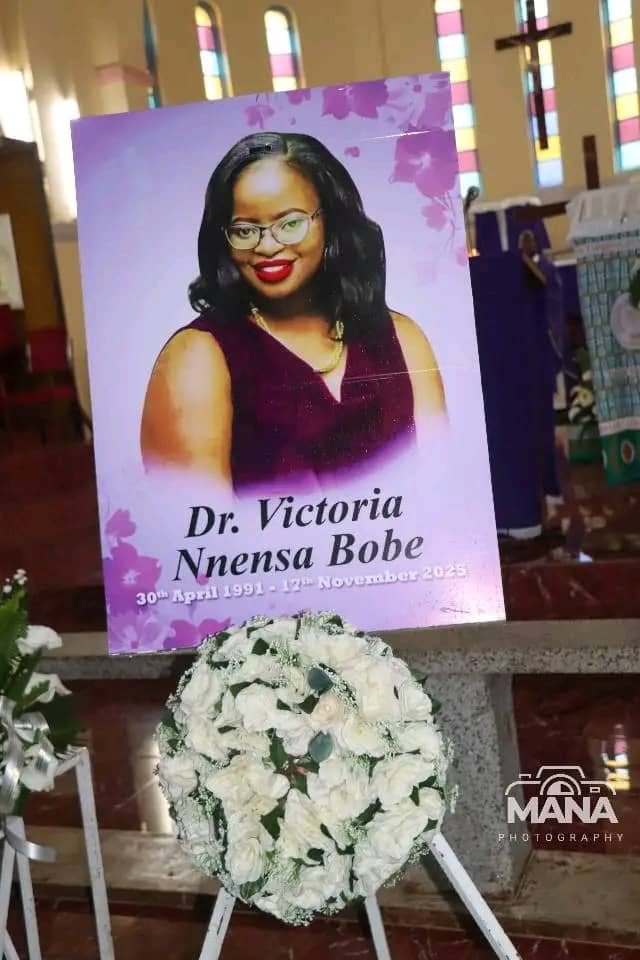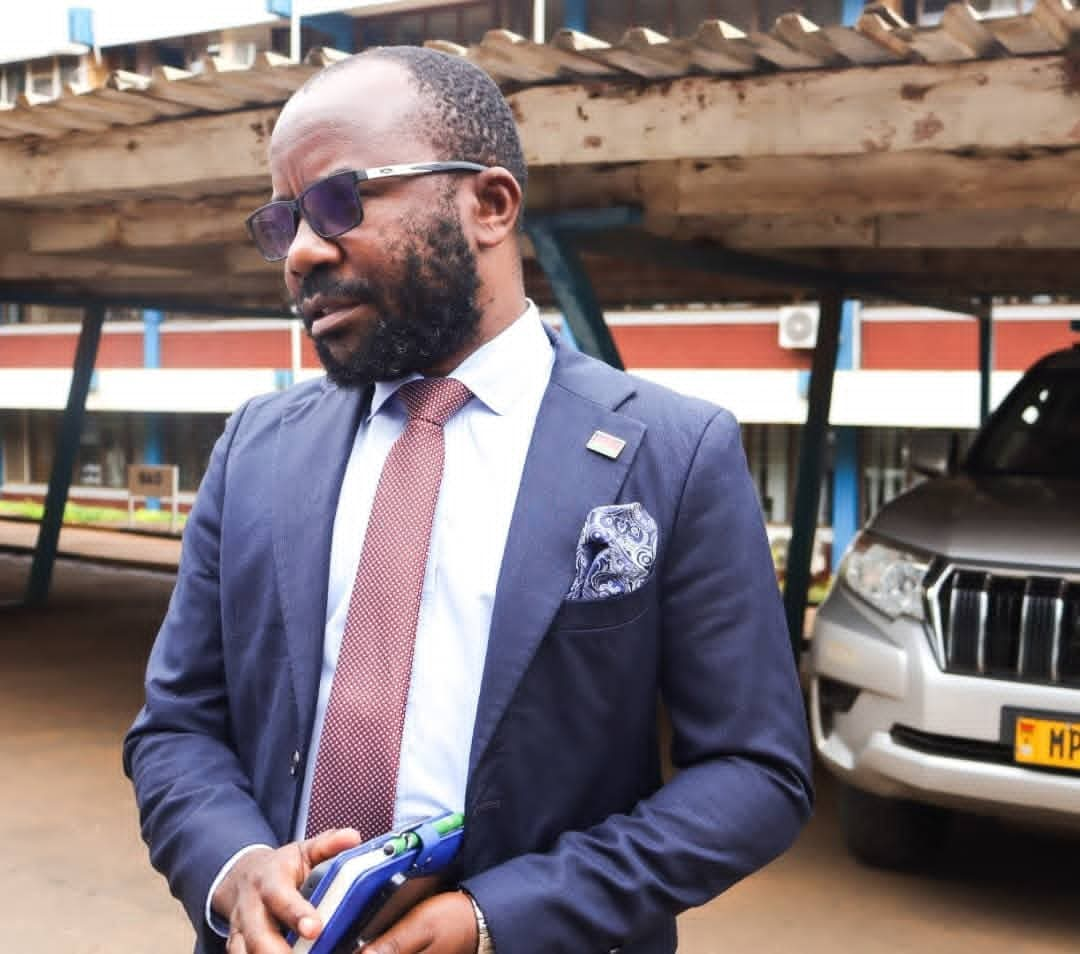By Jones Gadama
In a significant stride toward land reform, communities in Dowa and Ntchisi districts have embraced the adjudication and demarcation of land parcels, a process aimed at providing secure and recognized land ownership.
The initiative is part of the Sustainable Land Management for Landscapes (SAMALA) Project, implemented by Total Land Care with backing from Irish Aid and the Government of Flanders.
Officials from the Ministry of Lands are currently on the ground in Dowa District to assess the progress of this land registration exercise.
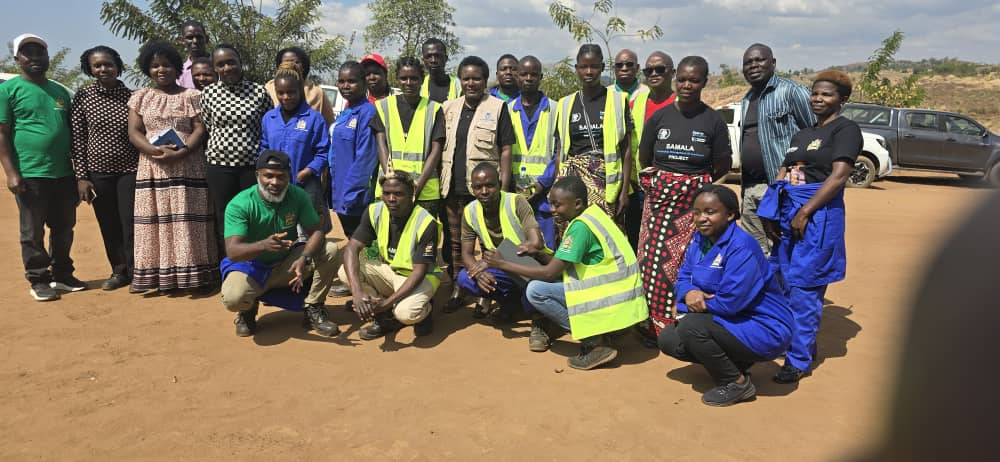
Since the launch on June 27, 2025, more than 6,300 land parcels have been officially adjudicated and demarcated across four Group Village Headman (GVH) areas within Dowa and Ntchisi.
Mphatso Nkuonera, Public Relations Officer for the Ministry of Lands, shared insights into the project’s expansion. “We are extending our efforts to cover ten additional GVHs in Ntchisi and Dowa, with a target to register a total of 17,000 land parcels,” he revealed.
Nkuonera noted that the exercise is currently active in Traditional Authorities Msakambewa and Chiwere, where the GVHs of Zamba and Kaluma have seen 2,893 and 2,698 parcels adjudicated respectively.
The Ministry’s presence on the ground serves a dual purpose: to evaluate the work being done and to identify challenges that may hinder smooth implementation.
Nkuonera admitted that misinformation remains an obstacle, citing a “low turnout caused by rumors that the Government intends to seize citizens’ land.”
He emphasized, however, that this process is a core part of the national land reform agenda designed to secure land rights for local communities.
For beneficiaries like Vekelani Mapepa from TA Chiwere, the program has brought tangible peace of mind.
“Thanks to this customary land registration, I now hold an official document issued by the Ministry which guarantees my ownership,” Mapepa expressed, adding that ,“No one can claim my land arbitrarily because it is recognized by the government.”
Furthermore, GVH Kaluma highlighted the social benefits brought by the project, explaining that it has effectively ended customary land disputes within his jurisdiction.
“The adjudication process has also allowed family members to inherit and share ancestral land more fairly, something that was challenging before this initiative,” he remarked.
With the SAMALA Project gaining momentum, the Ministry of Lands continues to work closely with communities, ensuring that land rights are not only protected but also equitably distributed.
This progressive approach marks a vital step in Malawi’s ongoing land reform efforts, fostering stability and development in rural areas.

